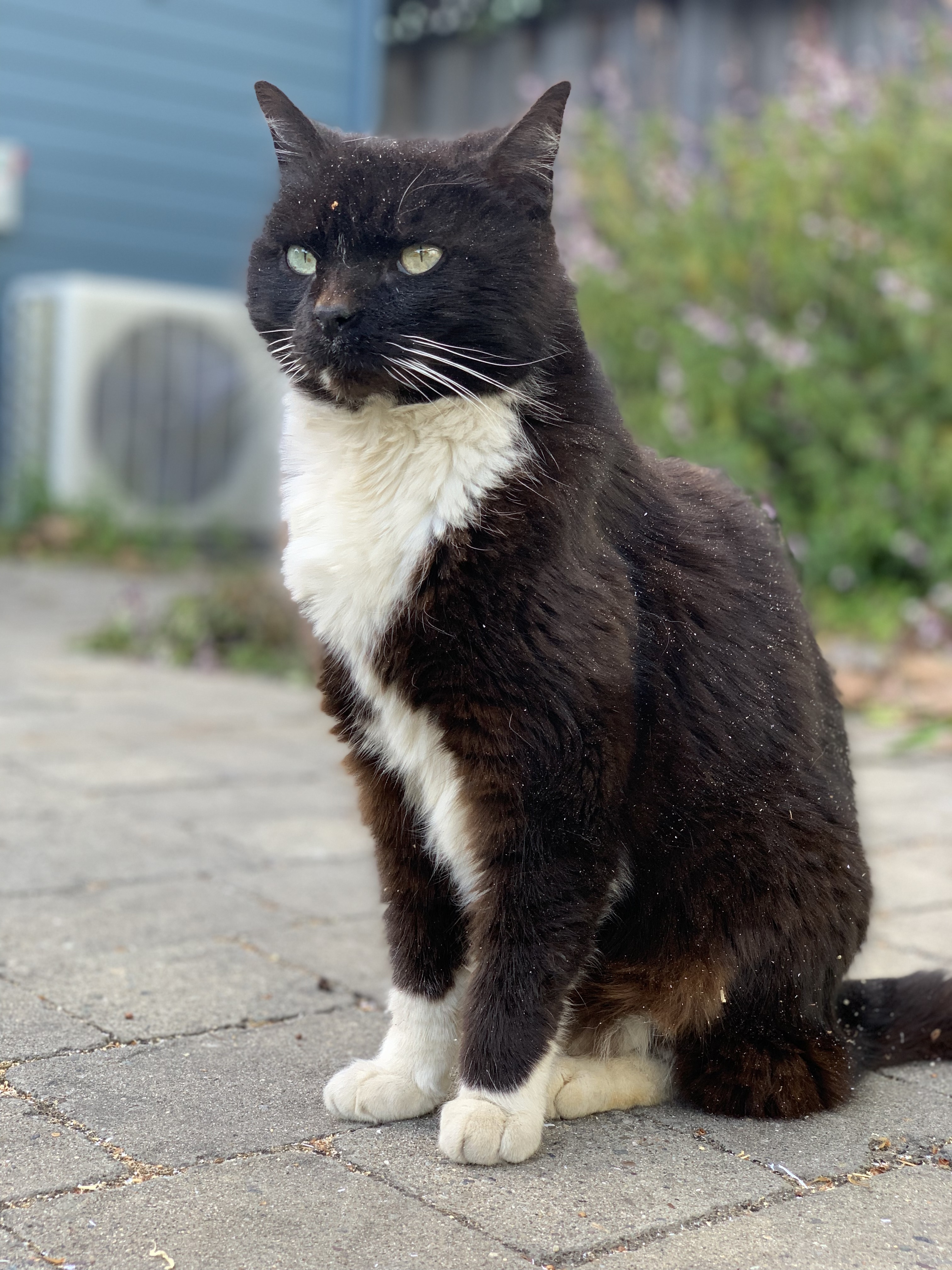Howdy!
I’ve got a question that isn’t explicitly music production oriented, but it seemed the most relevant. All my music is completely vocals-lacking so I’ve always shunned a mic, but now I’m working on a series of tutorial videos. Given the target audience is musicians, I want to get the audio right, and that includes my talking.
I was dabbling in mics and I’ve landed on the Rode Procaster as overall it seems to offer the best sound for my purposes and seemed to play the best with my room acoustics so far. My problem now though is that I do still get a little (tiny, maybe imperceptibly to everyone but me) echo in my recordings, and I know that is easier to clean up before it gets into the recording.
The room I’m in is an apartment bedroom (well technically it’s set up as an office, but I digress) about 10’x10’ in dimensions. I have desks and a bookshelf in there, but otherwise the walls are fairly bare. Given it’s an apartment I can’t really glue stuff to the walls.
What would be some suggestions for addressing this? Right now I’m considering either putting some foam up using some thumb tacks, or just cleaning it up in post using RX9 since I have that available too. Thoughts?
If it would help, I can cough up some recordings for reference.
Thanks in advance!
You can do a lot with just taking like couch pillows from your livingroom and quilts/blankets from your bedroom.
Experiment with that before you spend money on acoustic treatments
What it sounds like is you need to cut down on reflections. This means  treating the hard flat reflective surfaces with something that has absorption/deadening potential. You could definitely go low budget with household items. Blankets and pillows can work. Or you can go to a more permanent route with the Auralex type foam or QR diffusers to scatter the reflections. As stated already in the comments, you want to treat the back wall first, as that is going to be the source of most of your audible reflections. Second would be your side wall reflections. Cheers!
Oh and also: It’s more important to do something with the wall behind you than the wall in front of you when recording vocals
My friend used some of those acoustic muffling tiles in a small area that he said worked well.
If your face isn’t on video while your talking (like doing a voice over), you can just record the vocal whilst under a blanket. It’s hot, but works pretty good.



